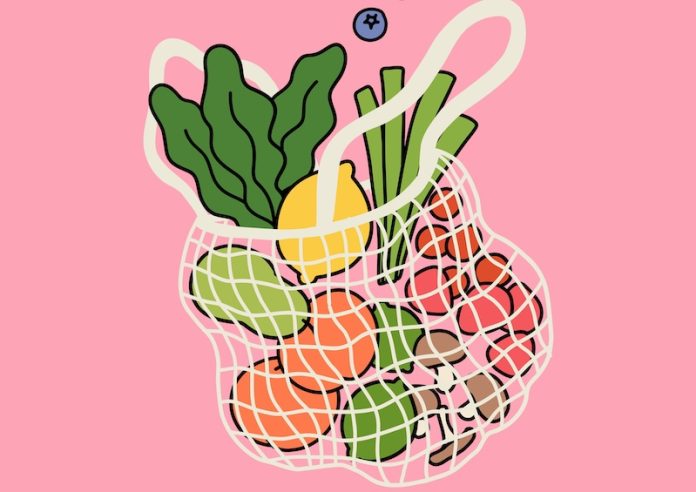
After undergoing treatment for colon cancer, it’s crucial to pay attention to your diet to support recovery and overall health.
Research suggests that certain foods can help reduce the risk of cancer recurrence and support the body’s healing process.
Here’s a look at what you should consider including in your diet, based on scientific evidence.
Foods to Eat
Fruits and Vegetables: Incorporating a variety of colorful fruits and vegetables provides essential vitamins, minerals, and antioxidants.
These nutrients help protect cells from damage and support the immune system. Aim for a rainbow on your plate, including berries, leafy greens, carrots, and tomatoes.
Whole Grains: Foods like whole wheat bread, brown rice, quinoa, and oats are rich in fiber, which promotes healthy digestion and may reduce the risk of colon cancer recurrence. Fiber also helps maintain stable blood sugar levels and supports heart health.
Lean Proteins: Choose lean sources of protein such as poultry, fish, beans, and legumes. These foods provide important nutrients without excess saturated fat, which can be detrimental to heart health.
Healthy Fats: Opt for sources of unsaturated fats like olive oil, avocados, and nuts. These fats support brain function and help reduce inflammation in the body.
Low-fat Dairy or Dairy Alternatives: Calcium and vitamin D are essential for bone health and overall well-being. Select low-fat dairy options or fortified alternatives like almond milk or soy milk.
Water: Staying hydrated is vital for overall health, especially during and after cancer treatment. Aim for at least 8 glasses of water per day, and consider herbal teas or infused water for variety.
Foods to Avoid or Limit
Processed Meats: Reduce consumption of processed meats like bacon, sausage, and hot dogs, which are high in saturated fats and preservatives that may increase cancer risk.
Red Meat: Limit red meat consumption, including beef, pork, and lamb. High intake of red meat has been linked to an increased risk of colon cancer recurrence.
Sugary Foods and Beverages: Minimize intake of sugary snacks, desserts, and sweetened beverages. These can lead to weight gain and contribute to inflammation in the body.
High-fat Foods: Avoid foods high in trans fats and saturated fats, such as fried foods, pastries, and margarine. These fats can raise cholesterol levels and increase the risk of heart disease.
Alcohol: Limit alcohol consumption, as it can increase the risk of developing certain cancers, including colorectal cancer. If you choose to drink, do so in moderation.
Research Evidence
Numerous studies have investigated the link between diet and colon cancer outcomes.
Research published in the Journal of Clinical Oncology suggests that a diet rich in fruits, vegetables, whole grains, and lean proteins is associated with improved survival rates and reduced risk of cancer recurrence among colon cancer survivors.
Additionally, findings from the American Journal of Clinical Nutrition indicate that diets high in fiber and low in processed meats may lower the risk of developing colorectal cancer.
In conclusion, adopting a balanced diet after colon cancer treatment can significantly impact your health and well-being.
By focusing on whole, nutrient-dense foods and minimizing intake of processed and unhealthy options, you can support your body’s recovery and reduce the risk of cancer recurrence.
Always consult with a healthcare professional or registered dietitian to tailor your diet to your individual needs and medical history. Taking proactive steps towards a healthy diet can contribute to long-term health and vitality.
Follow us on Twitter for more articles about this topic.
Copyright © 2024 Scientific Diet. All rights reserved.





